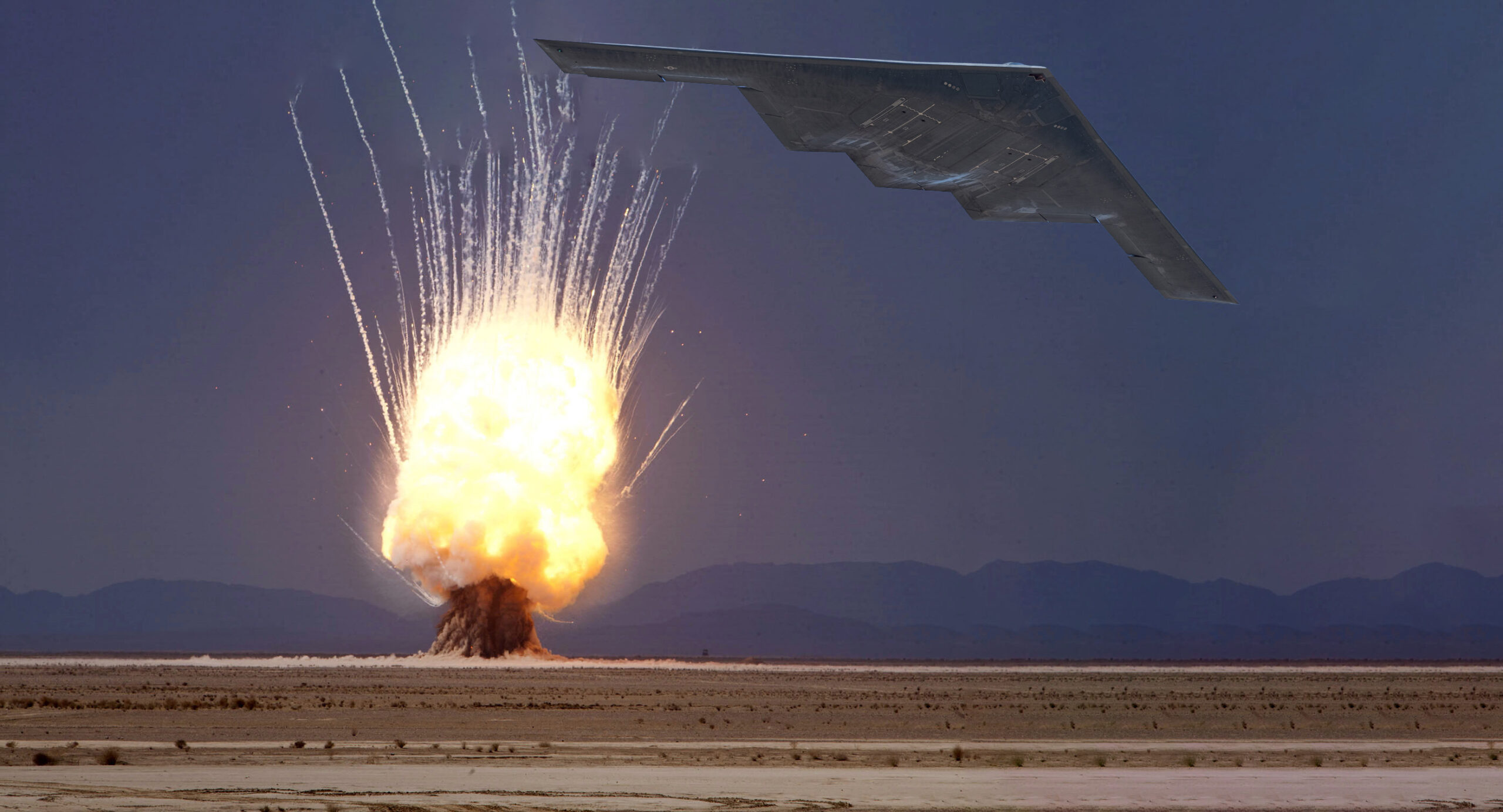The recent U.S. military strike on Iran’s uranium enrichment facilities has shocked the international community—not just for its precision, but for the level of secrecy behind it. Experts and journalists alike are calling the mission one of the most covert and tightly controlled military operations in recent history.
During a Fox News segment, veteran Pentagon correspondent Jennifer Griffin joined anchor Bret Baier to unpack the extraordinary nature of the mission. Griffin, who has spent nearly two decades covering defense operations, was visibly impressed by how securely the operation was planned and executed.
“In the 18 years I’ve reported from the Pentagon, I have never witnessed anything with this level of operational security,” Griffin said. “There was a total information lockdown. No chatter. No leaks. It was like a blackout.”
She noted that preparations were conducted under an unusually tight veil of secrecy. According to Griffin, even insiders with typically high clearance levels were left in the dark. The silence was so pervasive that the Pentagon itself appeared unusually quiet.
“I’m sitting here inside the Pentagon right now,” she told Baier. “The hallways are empty. The only flow of information we’re getting is directly from the White House. That’s how tight the control has been.”
The strike reportedly targeted key uranium enrichment sites in Iran, part of the country’s controversial nuclear program. While exact details remain classified, military analysts believe stealth aircraft and precision-guided munitions were used to neutralize underground facilities believed to be fortified against attack.
What’s raising eyebrows now is the near-total absence of leaks ahead of the strike. In Washington—where even minor developments often become public prematurely—the ability to keep such a mission under wraps is rare and seen as a strategic victory in itself.
“This wasn’t just a tactical win,” Baier commented. “It was a demonstration of just how disciplined and coordinated U.S. military and intelligence operations can be when there’s absolute commitment to secrecy.”
Critics of past military actions have often pointed to media leaks and political infighting as undermining U.S. strategy. This time, however, the airtight nature of the mission may have caught Iran entirely off guard.
The Pentagon has yet to officially confirm the specifics of the attack, but sources suggest the operation was personally overseen by top-level officials and may have been greenlit directly from the Situation Room.
As global leaders assess the impact, one thing is clear: this was not just a military strike—it was a message. And the message is being heard loud and clear.

James Jenkins is a celebrated Pulitzer Prize-winning author whose work has reshaped the way readers think about social justice and human rights in America. Raised in Atlanta, Georgia, James grew up in a community that instilled in him both resilience and a strong sense of responsibility toward others. After studying political science and creative writing at Howard University, he worked as a journalist covering civil rights issues before dedicating himself fully to fiction. His novels are known for their sharp, empathetic portraits of marginalized communities and for weaving personal stories with broader political realities. Jenkins’s breakout novel, Shadows of Freedom, won national acclaim for its unflinching look at systemic inequality, while his more recent works explore themes of identity, resilience, and the fight for dignity in the face of oppression. Beyond his novels, James is an active public speaker, lecturing at universities and participating in nonprofit initiatives that support literacy and community empowerment. He believes that storytelling is a way to preserve history and inspire change. When not writing, James enjoys jazz music, mentoring young writers, and traveling with his family to explore cultures and stories around the world.









